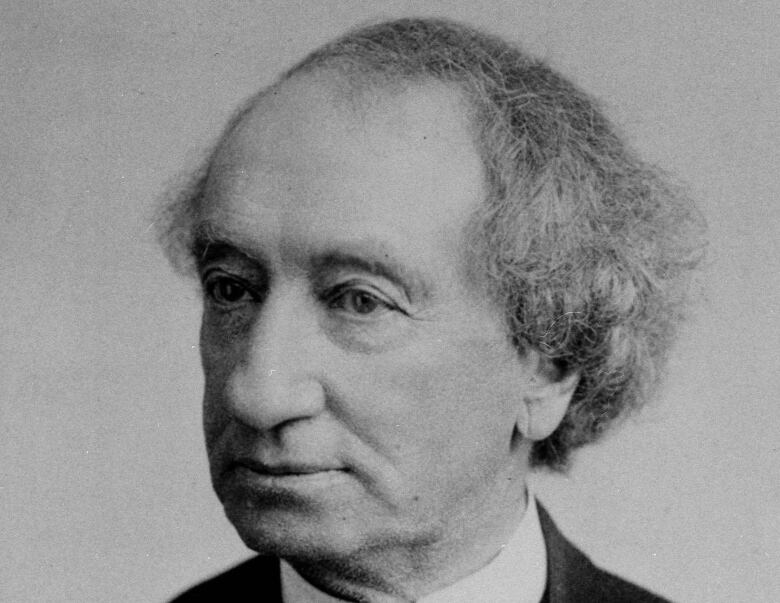Calling out the racist legacy of Woodrow Wilson and other historical figures


Before he was the First World War-era president of the United States, Woodrow Wilson was the president of Princeton University.
And even before then, the New Jersey university was his alma mater.
So it may not be surprising that even a century later, Woodrow Wilson looms large on the Ivy League campus, where a school and a dorm are named after him. But that's come under fire this fall... especially with members of the school's Black Justice League.
"Woodrow Wilson perpetuated an ideology that led to the continuing genocide of black people in this country. He is a murderer. We owe him nothing... To see him as a god on this campus, that is disgusting, because as a black person I am reminded of our second class citizenship, and how we are yet to be seen as humans in these faces. This too is my university."- Princeton student activist
Last week, Princeton students occupied the school's president, Christopher Eisgruber's office with a long list of demands centred on removing Wilson's name from its places of honour on campus.

But the conversation – and it's a wide ranging-one – is already well underway, and has people talking far beyond the halls of Princeton.
To tell us more about Woodrow Wilson and his legacy we were joined by Eric Yellin. He is an associate professor of history at the University of Richmond and the author of "Racism in the Nation's Service: Government Workers and the Color Line in Woodrow Wilson's America".

Jim Daschuk is an associate professor and historian at the University of Regina. He's looked at acts our leaders have committed against minority populations. And most notably he's studied our first prime minister, John A. Macdonald, whose name appears on schools, government buildings and parks across the country. His book is called "Clearing the Plains: Disease, Politics of Starvation, and the Loss of Aboriginal Life."
What do you think should happen at Princeton University... and at institutions here in Canada?
Email us. We are also on on Facebook, and on Twitter @TheCurrentCBC.
This segment was produced by The Current's Ing Wong-Ward, Julian Uzielli and Josh Flear.